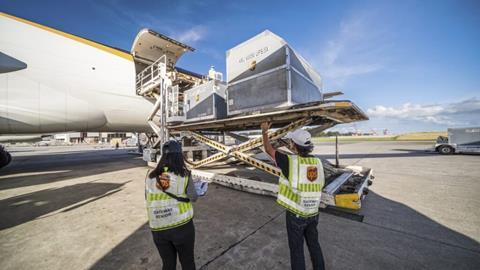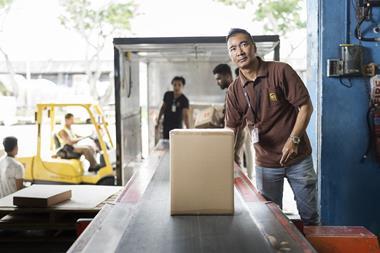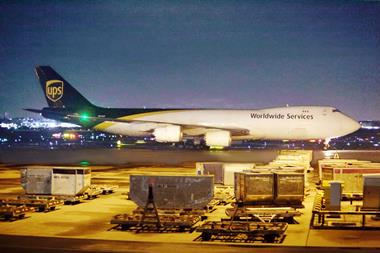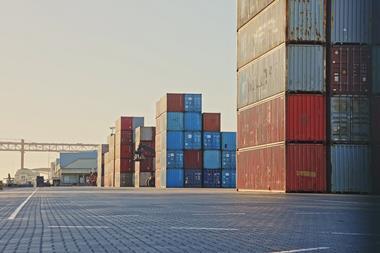UPS sees intra-Asia trade as an "immense opportunity” and aims to help champion small businesses in the region with its supply chain services.
The logistics company told Air Cargo News that a recent study it published on intra-Asia trade provides insights into the needs of regional businesses which it can use to help its customers plan better.
“As the world’s largest package delivery company, it’s our job to help simplify the move into international trade for small business so they can capitalise on this opportunity while also staying focused on building a healthy, profitable business," said UPS.
“By helping more businesses succeed in international trade, we hope to create an ecosystem of opportunity, profitability and growth in the long term.”
Released last year, UPS’ ‘Clearing the Runway for Intra-Asia Trade’ study found the value of Singapore’s trade with 11 other major Asian markets could grow by over 50% to $13.5trn by 2030, and small business play a significant part in this.
Across the 12 markets, the four segments driving the surge in intra-Asia trade are retail, industrial manufacturing and automotive (IM&A), high-tech, and healthcare, found the study.
These segments accounted for 76% of Singapore’s trade with the rest of Asia, and 75% of total intra-Asia trade in 2020.
However, UPS said multi-stakeholder action is required to tackle the impact of geopolitical tensions and restrictive trade policies across Asia – including tariffs and other punitive measures – that could impact its long-term trade prospects.
UPS said three key actions that can be taken include digitalising completely, diversifying supply chains and promoting the integration of MSMEs (micro-, small-, and medium-sized enterprises) into regional supply chains.
The findings of the study also support UPS' efforts to work with government on facilitating trade, the company said.
“The findings also provide us with additional insight on how we can support the industry via policies that make trade more accessible. We’ll continue to work with partners and policymakers to create a robust and resilient logistics sector that delivers for businesses, the economy, and the consumers.”

UPS said its recent intra-Asia investments demonstrate its commitment to boosting intra-Asia trade opportunities.
In March, UPS announced the expansion of its Changi Airport hub in Singapore to support increased demand for e-commerce and complex healthcare shipments.
The previous month, UPS became the first global logistics service provider to introduce weekly flights between Kitakyushu and Osaka.
In late 2022 the company introduced UPS Premier – its best-in class service for patient-critical, time- and temperature-sensitive shipments to Thailand and Singapore.
Also in July last year, UPS launched a new route from Bangkok Suvarnabhumi Airport in Thailand to its intra-Asia hub in Shenzhen, China.














